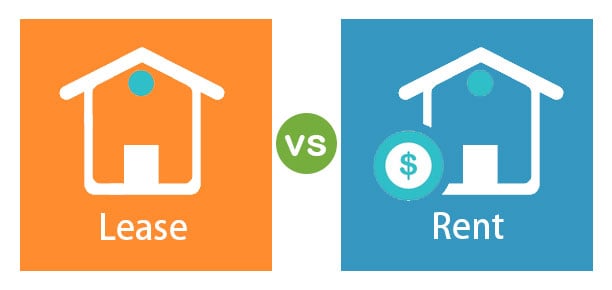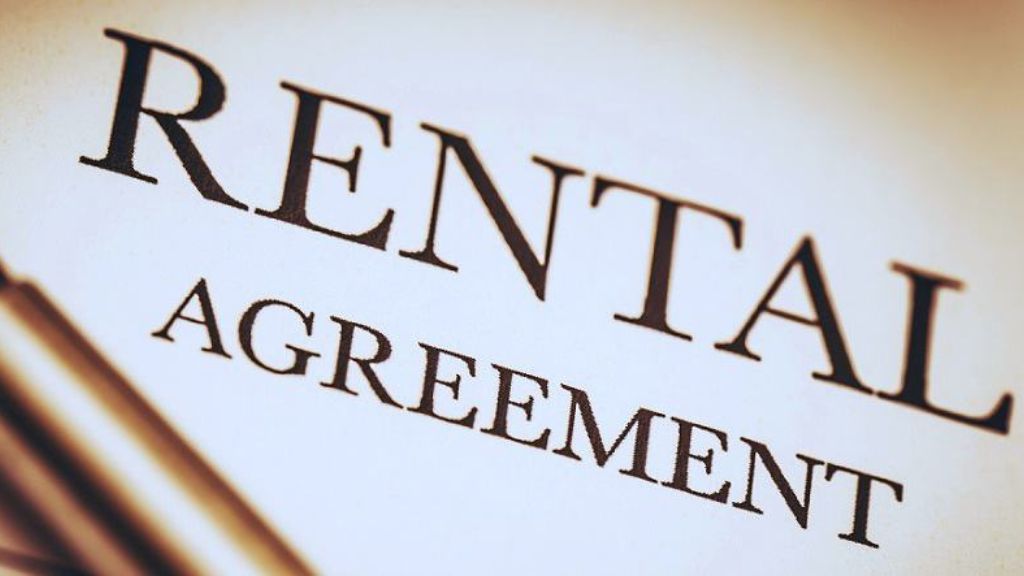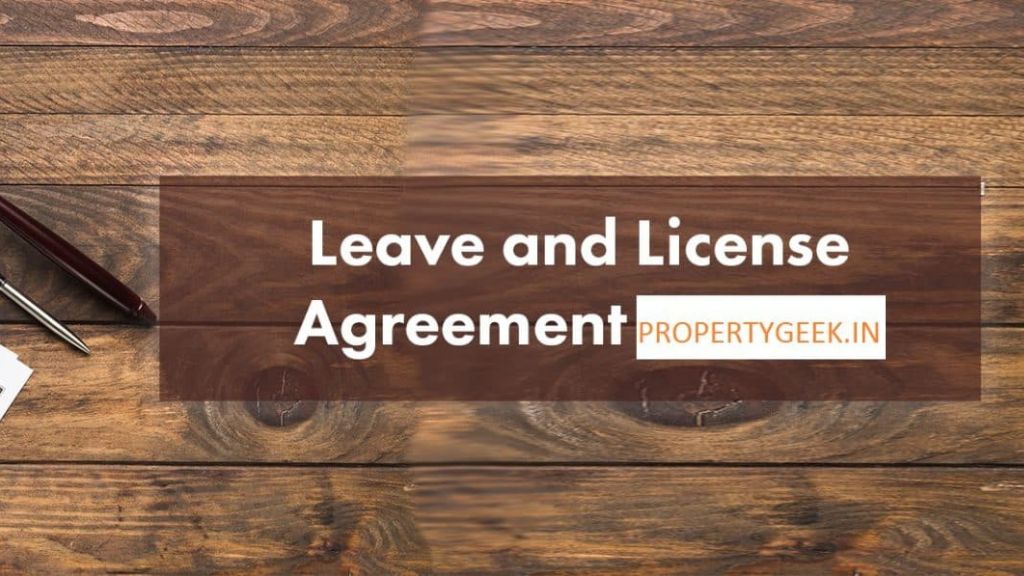Property Geek
We provide the actual and accurate information with unbiased user driven reviews to our viewers, to help them see the best and find the best!
View posts
The term “rent” refers to the monthly payment of tenancy that ends after a month and is automatically renewed at the end. A lease, on the other hand, is the transfer of land or property to someone else for a certain period of time.
Although the phrases lease and rent are sometimes used interchangeably, leasing a property differs from renting a house. Renting and leasing are not the same things from a legal standpoint. As a result, the financial implications of lease vs rent are distinct.
Whether you manage properties and rentals full-time or rent out a single home as an additional source of income, you’re often expected to know it all as a landlord. Whatever the case, many people are perplexed by the distinction between a lease vs rent.
The words “lease agreement” and “rental agreement” are sometimes used interchangeably to refer to the same entity. However, the phrase might apply to two different sorts of agreements. Leases and rental agreements are both legally enforceable transactions. However, each serves a distinct role. The fundamental distinctions between a lease and a rental agreement are discussed below.

Depending on how the rent agreement is written and documented, there are several legal methods to rent a property. The rent agreement can be a lease or a license, and it is a contract between the tenant and the landlord that formalizes the renting process. Whether a tenancy is carried out under a license or a lease agreement is determined by the length of the tenancy. It’s worth mentioning that the two arrangements are governed by separate laws and hence have different characteristics.
It is important to highlight that now that the model tenancy legislation has been approved by the Union Cabinet, landlords and renters in India will have to be more cautious while drafting the lease and rent papers. Rent and lease documents will be controlled under the new legislation, with states expected to make changes to their rental laws to comply with the central version of the model tenancy act.
Lease vs rent agreements might differ in structure and flexibility. Some contracts, for example, may include a rental unit pet policy, whilst others may include an additional addendum about laws or regulations, such as excessive noise.
Depending on the state, landlords may be compelled to put disclosures such as asbestos, mold, and registered sex offender information on their lease or rental agreements. Always ensure that your lease or rental arrangement complies with local, state, and federal regulations.

The 1882 Transfer of Property Act, Section 105, defines leases. A lease is defined as “a transfer of a right to enjoy a property for a specific period of time, express or implied, or in perpetuity, in consideration of a price promised or paid or of money, a share of the service, crops, or any other thing of value is to be rendered periodically or otherwise on specific occasions by the transferee to the transferor, who accepts the transfer on such terms.”
To be deemed a lease, a rent agreement must fulfill the following criteria:
A lease contract is required when a landlord desires to rent out his property for a lengthy period of time, which can range from three years to an eternity. In addition, a lease deed must be stamped and registered. Due to the registration, it is generally difficult to terminate a lease arrangement.
A lease deed is a formal agreement outlining all the terms and conditions between the landlord and renter. When renting out a business property, a lease document is signed between the two parties. If the lease term is more than 11 months, a lease deed must be registered.
Due to the high value of commercial transactions, which demands adequate legal protection for both the landlord and the tenant, leasing is more prevalent in the commercial real estate market. In such instances, the entire procedure becomes more structured.
The same cannot be true for renting in the residential sector, particularly in the low-cost or mid-range property segments, where both the tenant and the landlord typically want to avoid the effort of filling out paperwork and make leasing decisions based on their intuition or gut feelings.

Rent agreements signed for 11 months or less are categorized as leave and license contracts and are exempt from rent control regulations. Rent control law, which varies from state to state, applies to all lease agreements that are signed for at least a year. Landlords who rent their buildings under rent control regulations will find it difficult to increase rents or remove tenants.
Since the Union Cabinet approved the Model Tenancy Law, all rent agreements lasting longer than 11 months will be controlled by the new law’s requirements.
States will have to come up with their own version of the model tenancy law or alter their present rental regulations before that can happen.

The preponderance of rent agreements is licensing agreements rather than leases. This is why it is important for a renter to understand leave and license agreements.
The Indian Easements Act of 1882 defines leaves and license agreements under Section 52. “Where one person grants to another, or a definite number of other persons, a right to do, or continue to do, in or upon the grantor’s immovable property, something that would be unlawful in the absence of such right, and such right does not amount to an easement or an interest in the property, the right is called a license,” according to this section.
While clarifying the clause, the Supreme Court stated: “If a document grants only a right to use the property in a particular way or under certain circumstances, while it remains in the custody and control of the owner thereof, it will constitute a license.” The legal ownership of the property remains with the owner, but the licensee is entitled to use the premises for a certain purpose. His occupation would be illegal if he did not get authorization. It creates no estate or interest in the land in his favor.”
A rent agreement must have the following characteristics in order to qualify as a leave and license agreement:
To avoid legal problems, landlords and renters typically engage in rental agreements for a term of 11 months. Under rent control legislation, an 11-month lease executed as a leave and license contract has no legal standing. These regulations would only apply if the agreement indicated a duration of one year or higher.
Rent arrangements that come under a leave and license contract also provide both landlords and tenants more discretion. Since the license can be terminated at any time, no lock-ins imposed in the agreement are effective, even if the agreement says so.
A tenant searching for a long-term lease may be thrown off by the flexibility of a month-to-month lease, which may subject them to frequent rent increases or uncertain rental durations. The expenses of increased tenant turnover, such as advertising, screening, and cleaning, should be considered by landlords. Furthermore, if your rental is in a low-occupancy neighborhood, you may have difficulty maintaining your apartment rented for lengthy periods of time.
A rental agreement may be a suitable alternative for landlords who want to be flexible, especially in locations with high tenant turnover, such as college towns.
Rent agreements that operate under the leave and license contract are more popular in the residential real estate sector since the entire procedure is more fluid.
To circumvent the legal hurdles associated with negotiating a lease, rent agreements in the residential segment in India are often signed for a duration of 11 months. The fundamental reason for this is that rental agreements lasting less than a year do not need to be registered. A document that allows for tenancy for less than six months, does not need registration and takes the form of a license.
Leases, on the other hand, are the norm in the commercial sector since they cover longer tenancy periods.
Also, with states following the centre’s proposed model tenancy legislation, all rental agreements in India would have to be negotiated and completed in accordance with the rules of the relevant state-specific laws.
The Uttar Pradesh government, for example, adopted a tenancy code in January 2021, with the goal of protecting the interests of both landlords and tenants. By explicitly defining the rights and responsibilities of the transacting parties, the law is anticipated to reduce tenant-landlord conflicts, particularly in high-intensity rental markets such as Noida, Greater Noida, and Ghaziabad.
Whether you offer a lease arrangement or a rental agreement, it is critical that you know who your tenant is. Thoroughly screening your rental candidates can provide you peace of mind that you’re putting the right person in your property.
To Know More Visit: Propertygeek